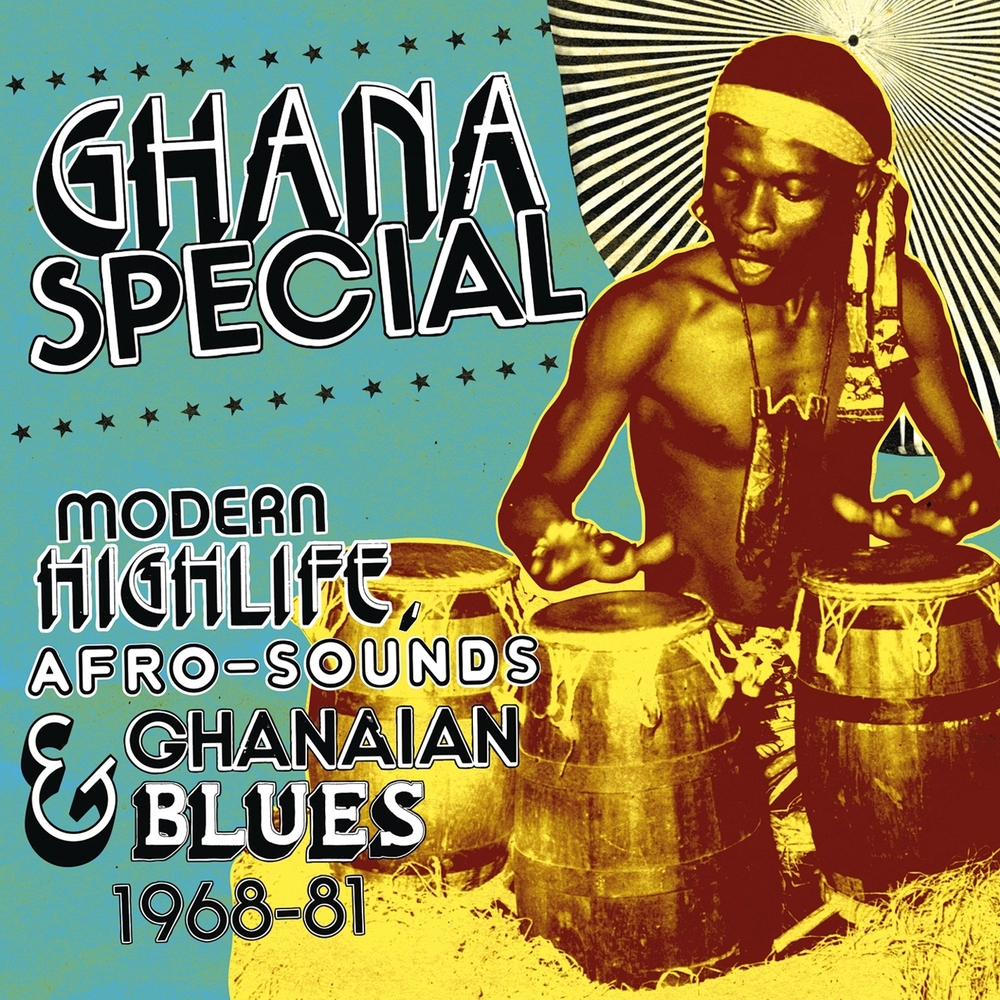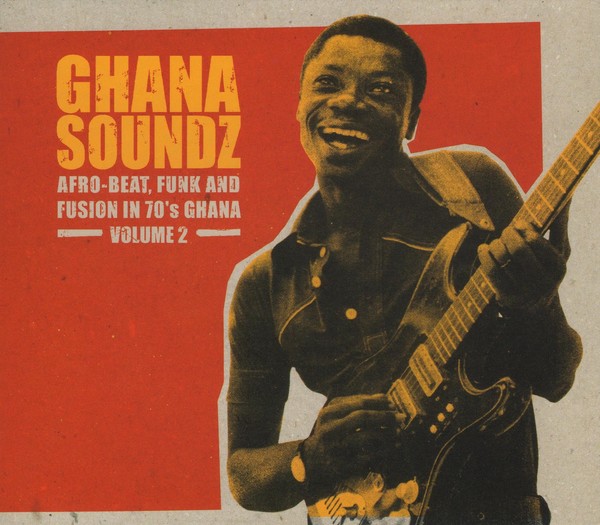A brief history: Afrobeat
No other style of music from Africa left such a lasting impression on the Western world as Afrobeat.
Considered one of the first Highlife recordings: Kwame Asare Yaa Amponsah (1928)
The Jazz Kings, Cape Coast Sugar Babies and the Accra Orchestra are also among early highlife bands.
During and after the Second World War, highlife became even more embellished with swing and jazz elements introduced by military personnel in Ghana. This period is also considered "classic highlife". Several big bands emerged, brimming with confidence and joining the fight for Ghanaian independence. Depending on the band leader, the music was expanded with Afro-Cuban, Congolese and Caribbean elements.
Fela Kuti and the birth of Afrobeat
This is also how Fela Kuti, who would later go down in history as the founder of Afrobeat, began with a highlife jazz band he formed while studying music in London.Having come to London in the late 1950s to study medicine, Fela Kuti enrolled to study music, learned trumpet and music theory and founded the band Koola Lobitos. Back in Nigeria, he re-founded the formation but kept the name. During a US tour in 1969, he came into contact with funk and the ideas of the American civil rights movement. Both flowed into his music, which he henceforth called Afrobeat.
After his return to Nigeria, he renamed his band "Africa 70" (later "Egypt 80"), his lyrics became more political and he founded the Republic of "Kalakuta", a commune with a recording studio, which he declared independent from the state. The centre of his musical and political activities became the "Shrine Club" he founded in Lagos.
Due to his critical lyrics and his activities in the "Kalakuta Republic", there were repeated violent clashes between him and the military. Fela Kuti is said to have been arrested over 200 times on various charges, his commune was stormed several times by the Nigerian military and his recording studio was destroyed.
When he died of AIDS in 1997, an illness he denied until his death, a million people flocked to the Lagos stadium to see him off. He had released 77 albums by then, musicians like Miles Davis, Paul McCartney and many more were among his admirers.





